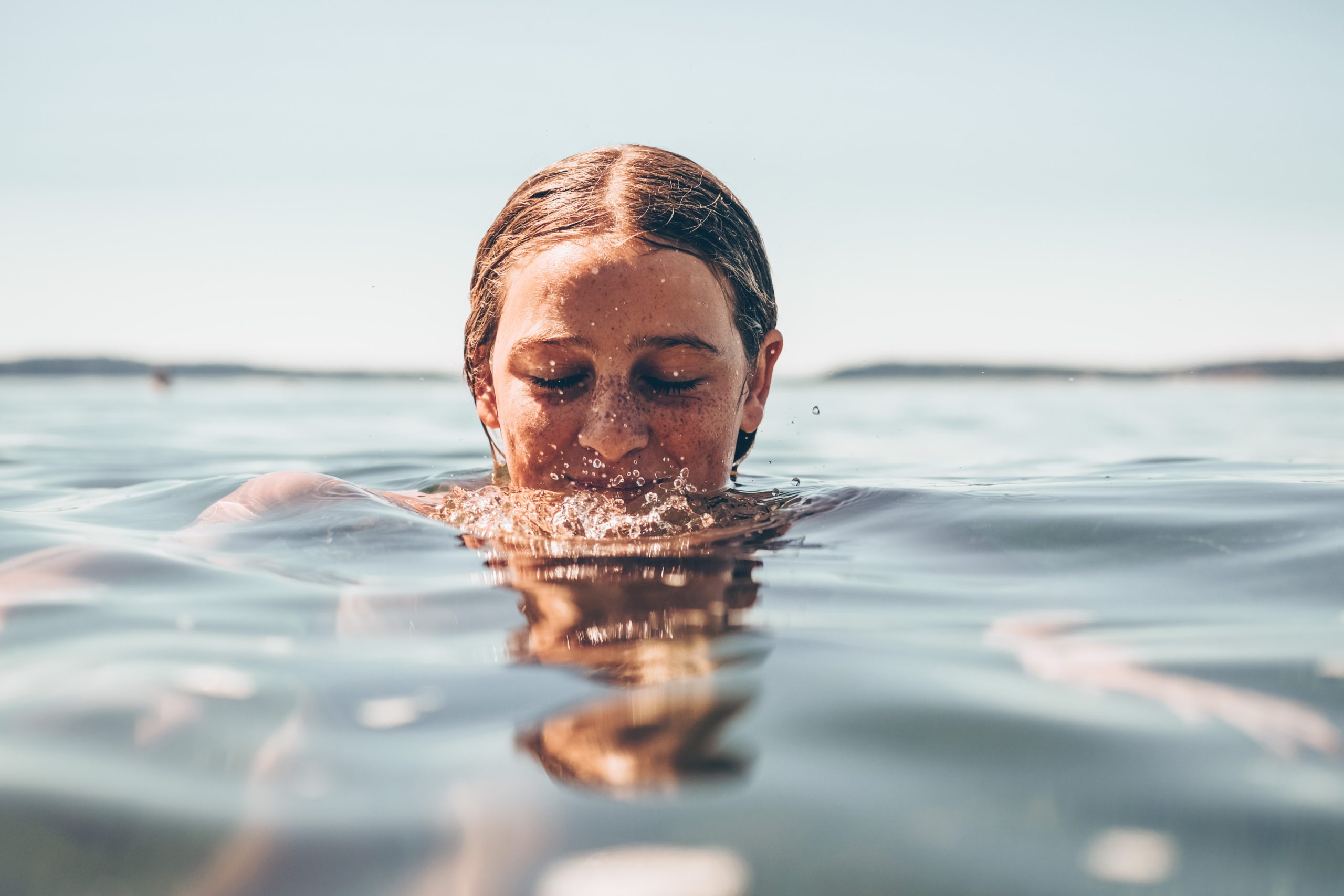
Hydration!
We all know that we need enough water yet most people already know that they're not drinking enough of it!
Water is essential for maintaining balance within our bodies and not getting enough of it can lead to many different symptoms.
Dehydration leads to a both a stress response in your body and a lower threshold to stress in response to daily life.
If you find yourself feeling tired, a bit scattered and struggling to focus or overwhelmed one of the first thing to ask yourself is whether you've drunk enough water!
Here are some common possible signs of dehydration:
Headaches
Your brain is 80% water. When you're dehydrated your brain tissue looses water which can cause tissue shrinkage and pain. Because dehydration also reduces the flow of blood and oxygen to your brain it can cause constriction of blood vessels resulting in mild swelling and pain.
Fatigue and difficulty focusing
Brain fog is one of the most common symptoms among the women who I work with and whilst there are numerous possible contributing factors, dehydration is one of the most common! When you're dehydrated blood flow is restricted to your brain and other organs meaning that they don't receive optimal oxygen and nutrients and waste removal is reduced, leading to fatigue, difficulty focusing and sluggishness.
Always feeling hungry
It's not uncommon for thirst to be mistaken as hunger!
Dry skin, eyes and mouth
Mucous membranes are often the first place that you will notice dryness related to dehydration. Because of all of the normal physiological processes that are happening constantly throughout the day, even when we're not moving around a lot, we actually lose quite a lot of water which needs replenishing.
Dark coloured urine or constipation
Optimal hydration supports the elimination of toxins and by products of metabolism. Ideally urine should only be very pale yellow to clear.
Darker yellow urine is a sign of dehydration (this is different to the bright yellow coloured urine that taking B vitamins can cause!). Adequate water is required in the intestine to help the formation of an easy to pass stool.
We also need to be mindful of drinking extra water when we're adding extra fibre to our diets in the form of things such as psyllium husks (also found in Metamucil) or chia seeds otherwise the added fibre can have the opposite desired effect on our bowel and cause everything to get more bound up!
How much water do YOU actually need?
Whilst the standard 8 glasses a day is a general recommendation, your individual need for water will vary depending on your individual body composition, your diet, lifestyle, exercise levels and environment.
If you would like to find out if your current water intake is meeting your body's need for optimal hydration and to find out exactly how much water YOUR body needs at a base level you're welcome to book a time for a body composition and cellular health analysis at your next appointment.

